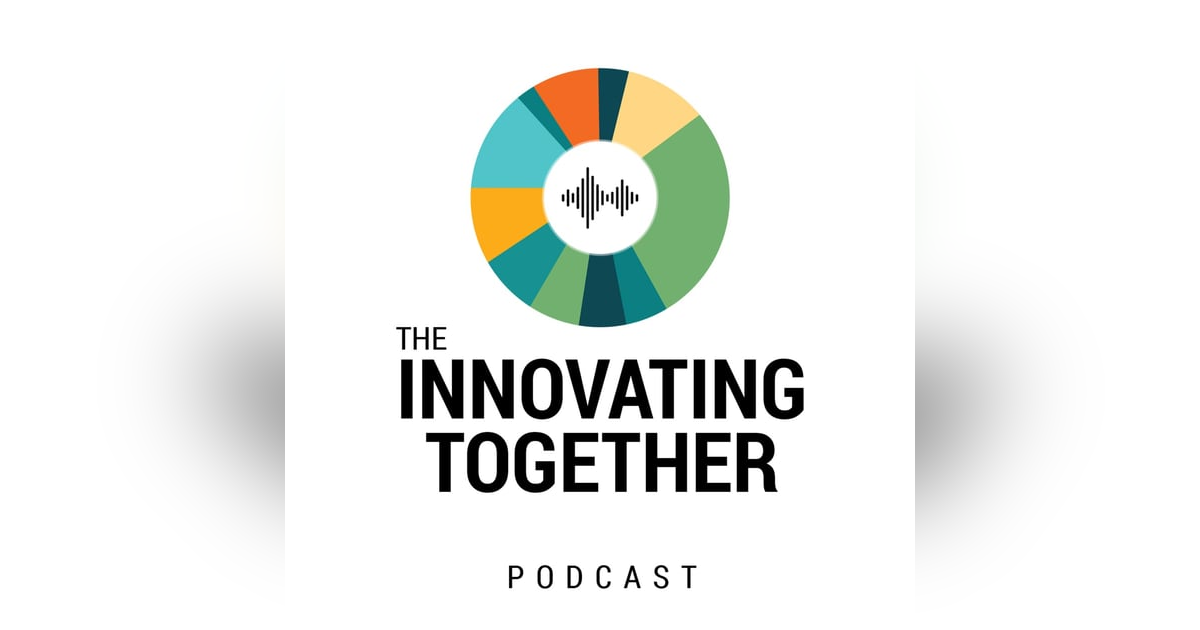Interview with Portland State University President Stephen Percy

Dr. Stephen Percy became the full time President at Portland State University in 2020. President Percy said the most surprising part of his career was, “It was not linear and certainly not what I was planning.”
When asked about what change you see are needed in higher education. President Percy said, “higher education has been changing rapidly, and then you throw in the pandemic, which led to a lot of instability.” Three areas he thinks are important in education are to advance racial justice and equity, instructional pedagogy and modality with flexibility that online learning provides and packaging with “stackable degrees” and finally relevant in today’s world.
President Percy gave an example on how he creates change. He read a New Yorker article about “the Big One” and the importance of being prepared for a future earthquake at 9.0 in the Pacific Northwest. He built a multi-disciplinary Emergency Management degree at PSU to address this future concern. Recently, he invited staff to collaborate to put together a new degree for Climate action work. President Percy said he manages to bring about change by creating “connectivity without disrupting everything else.”
Bridget asked President Percy what he is most proud of. He responded, “I believe there are a lot of ways we can come together (with the community) and learn…mutuality of knowledge, learning, sharing, and growing. The tremendous power of knowledge creation and instruction and opportunity creation that universities bring” to the community. He mentioned the pandemic was surprising and unusual. This unexpected disruption created more flexibility in modality with online learning.
The best advice President Percy ever heard was, “You have to listen.” Listening to people’s pain with empathy goes a long way. Advice he consistently gives others is to “develop your own sort of equity lens. A set of internal questions that relate to whatever you are thinking about creating, implementing, or evaluating. What is the impact on people who are traditionally marginalized?” Empathy skills help a lot to “understand where people are coming from” and find problems to solve.
--- Send in a voice message: https://podcasters.spotify.com/pod/show/innovationalliance/message
